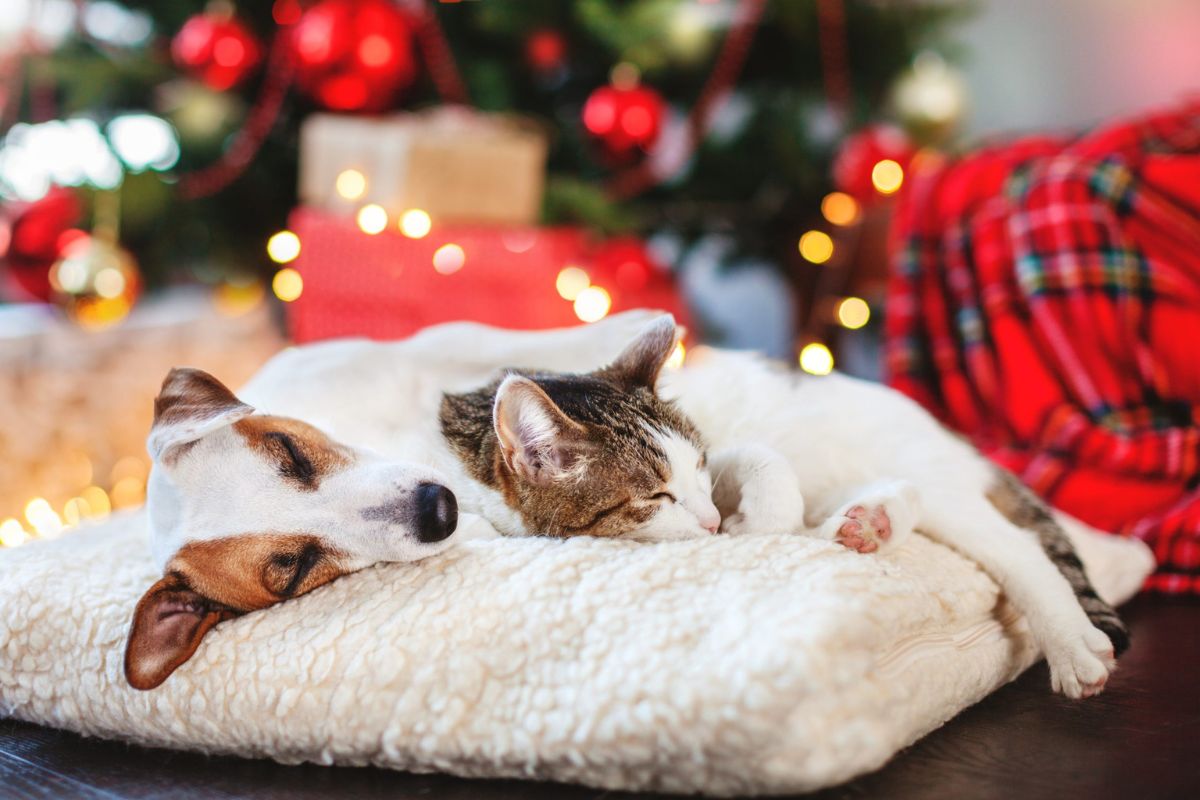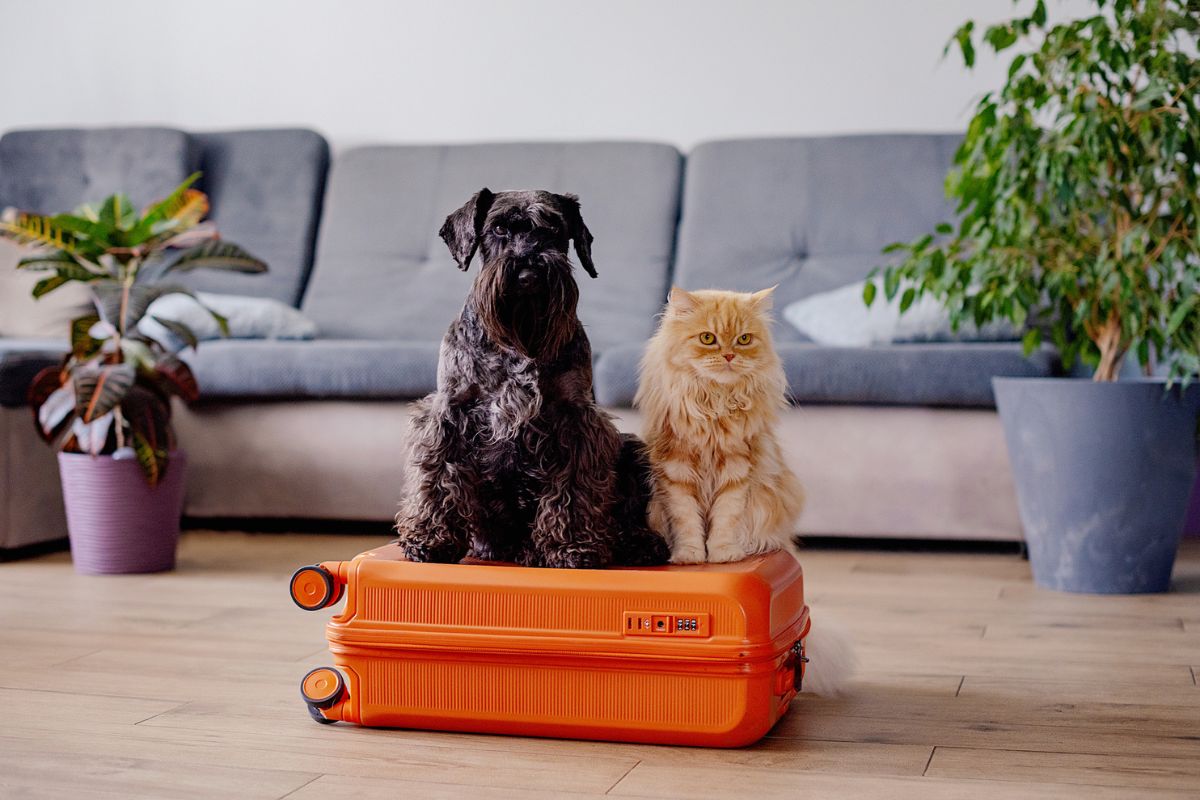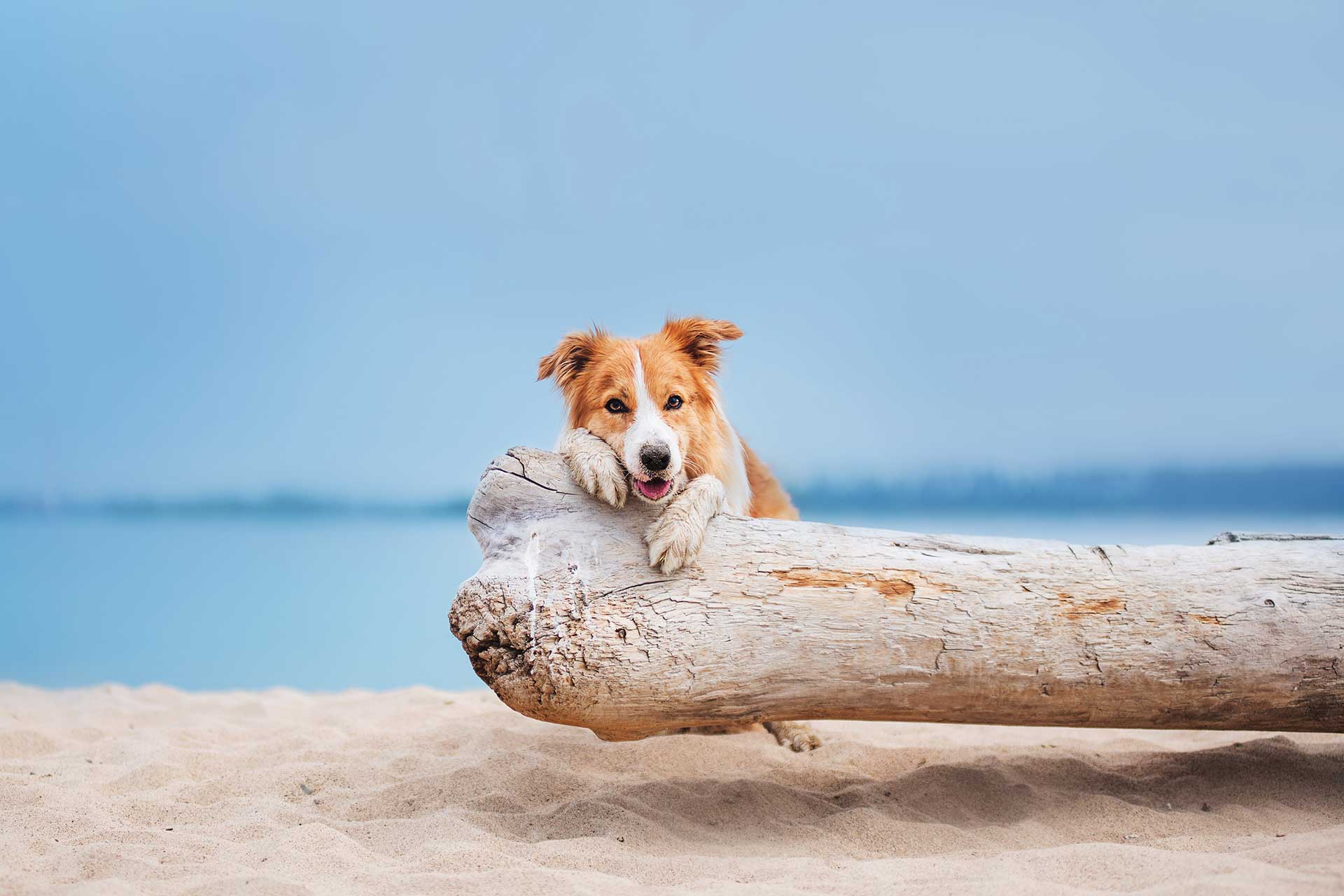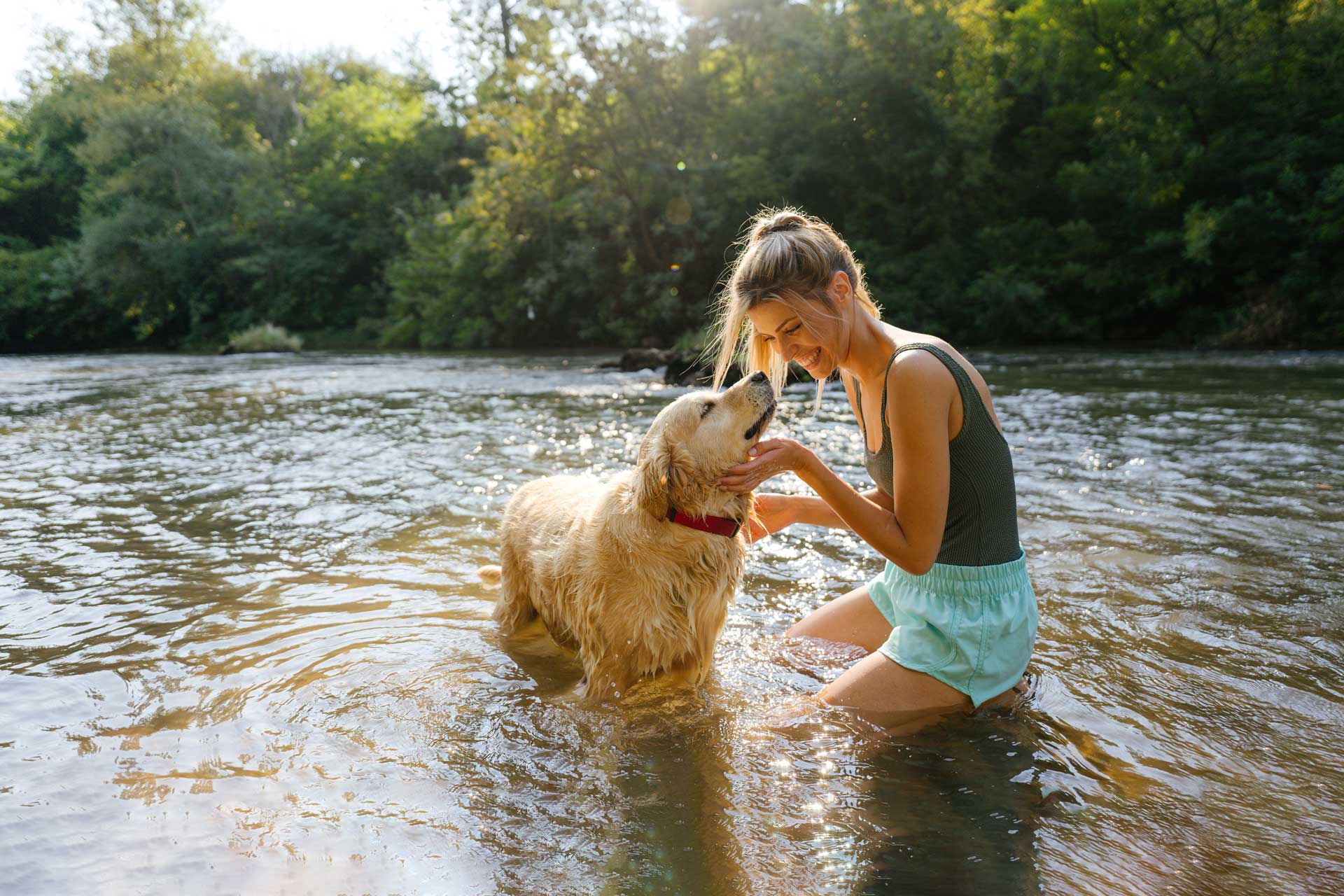With the hustle and bustle of the holidays, it’s easy to forget that our pets can also get stressed and anxious. Family gatherings, home decorating and cooking delicious treats can also pose risks to our furry friends.
Here are some tips to ensure your pets stay safe and happy during this festive season.
Having the family over
A crowded house and unfamiliar guests can cause stress to both cats and dogs. Ensure your pets have a safe, quiet space where they can retreat from guests and loud noises. If your pet tends to be anxious, try staggering guest arrivals to avoid overwhelming them. It’s also best to talk with any kids (and the occasional adult) about pets needing their own space and not feeding them scraps.
Sharing Christmas leftovers
While including our pets in family occasions is nice, be careful not to feed your dog Christmas leftovers. Cooked and uncooked meat can lead to canine pancreatitis, and cooked bones can splinter and become a choking hazard. Avoid feeding your dog chocolate or Christmas pudding, as both have ingredients that are toxic to dogs. Additional festive foods your pet should avoid include:
- Grapes, sultanas, raisins, and currants
- Cherry pits (and other stone fruit pits)
- Macadamias
- Corn cobs
- Avocado
- Alcohol
- Lollies & artificial sweeteners
- Salty foods (chips, pretzels, crackers, etc.)
- Cooked bones
- Chocolate
- Christmas pudding
Opt for dog-friendly treats if you’d like to indulge your furry friend.
Decorations and wrapped gifts
Dogs are notorious for ripping open presents well before Christmas day. This can be frustrating for pet parents and can also be dangerous for pets, exposing them to substances and food that are harmful to them. If your dog is attracted to presents under the Christmas tree, you may need to hold off putting them out until Christmas Eve.
Power cords and Christmas lights
A playful dog or cat can quickly chew through electrical cords within minutes. To keep your pets safe around your Christmas lights, keep cords tidy and out of sight.
New Year’s Eve fireworks
Many pets can develop a fear of loud fireworks. Create a safe place inside for your pet to retreat, offer treats, and stay with them during fireworks. You can also close windows and curtains and turn up the TV volume to reduce the noise. Also, ensure your backyard and home are secure and your pet’s microchip and identification tag details are up-to-date, as frightened pets can sometimes try to escape.
Signs of an anxious pet
- Excessive barking, howling, or whining
- Refusing to eat or drink water
- Intense pacing, trembling, panting, or cowering
- Urinating or defecating indoors
- Digging, scratching, or chewing
- Excessive salivating or biting themselves
Cats may also display these particular signs of emotional distress:
- Hiding or trying to escape
- Holding their tail tightly to their body
- Hair standing up or holding their ears back
- Urinating outside their litter box
- Increased vocalisation
If you notice these signs in your pet, put them in a quiet, safe space. Avoid giving them treats as this can reinforce the behaviour. Pheromone diffusers could help to calm your pet. Talk to your vet about Feliway for cats or Adaptil for dogs.
Caring for an anxious pet
If you’re worried about your pet’s stress levels this holiday season, ask your vet for practical tips and advice. Medication or other therapeutic treatments may be recommended to ensure your pet enjoys a calm and happy holiday season.






